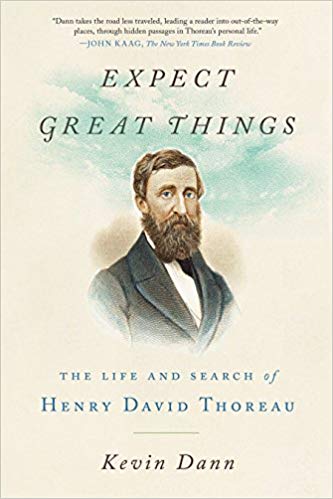Learn a New Word: The Glass Cliff
Over the weekend reports dropped that the NFL's Cleveland Browns, long a league doormat and in need of yet another new head coach for next season, were interested in interviewing former Secretary of State Condoleeza Rice for the open role. While later reporting seemed to indicate that in fact Rice was not likely to be a candidate for the Head Coach spot, it has not stopped a pretty tremendous level of reaction in the sports world. While those various reactions (the Browns are nuts, the role of Head Coach is evolving, Why not look in a novel direction for this hire, it can't get much worse for the Browns?) are all interesting in their own right, it was a term in the Fortune piece linked above that caught my attention - The 'Glass Cliff'.
I had never seen this term before, and since as the author of this blog I have to assume what I think is what you think too, I thought it a valid entry as the latest 'Learn a New Word', even if I am really the only one who is learning this for the first time.
Ok, here's the definition/description of The Glass Cliff: (from a piece on Vox)
The glass cliff is a relative of the “glass ceiling” — a metaphor for the invisible, societal barrier that keeps women from achieving the highest positions in business, politics, and organizations. The glass cliff is a twist on that: Women are elevated to positions of power when things are going poorly. When they reach the upper ranks of power, they’re put into precarious positions and therefore have a higher likelihood of failure, meaning there’s a greater risk for them to fall.
It is a really interesting concept that is backed up both by some empirical research, as well as by what many of us have seen or been impacted by in our own careers. One prevailing theory is that when things are going poorly for a company or any kind of institution, and there is the need for new executive leadership at one of these organizations, the very fact that things are going poorly deters many if not most of the typical (read white male) candidates for the open executive position. Since these kinds of leadership positions become harder, relatively, to fill than others, more women and people from underrepresented groups become candidates and relatively more of them get hired. But, since the organization is already in trouble, the chances for these newly appointed executives to succeed are not that high, and more of them end up failing than they would if they were joining more healthy organizations.
The above linked Vox piece has a number of great recent examples of the Glass Cliff phenomenon, (Mary Barra at GM, Carol Bartz then later Marisa Mayer at Yahoo, Jill Abramson at the New York Times) and ends with what may be a definitionally classic 'Glass Cliff' appointment - Jill Soltau the new CEO at beleagured retailer JC Penney - a company that has been deterioting for years. Whether or not Soltau will be able to revive the company is anyone's guess, but there is no doubt she's walked into an incredibly challenging set of circumstances - standing on the edge of the figurative Glass Cliff.
Ok, that's it for me, back to try and find something new to learn, especially something I should have learned a long time ago.

 Steve
Steve



